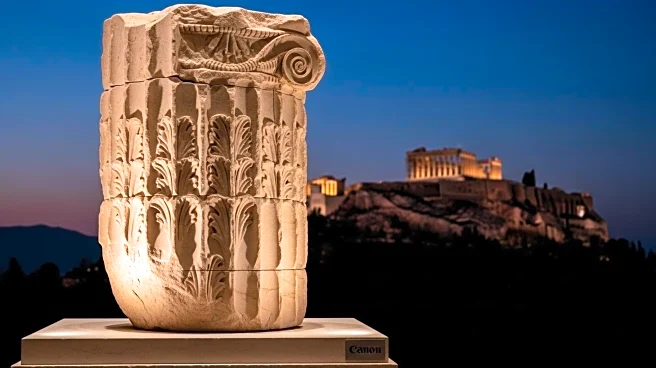The Acropolis of Athens, a symbol of ancient Greek civilization, has had a profound influence on architecture, culture, and politics around the world. As a UNESCO World Heritage Site, the Acropolis is recognized for its historical significance and enduring legacy. Its influence extends beyond Greece, shaping the development of Western civilization and inspiring modern architects and artists.
Intellectual and Cultural Influence
The Acropolis has influenced the development of Western civilization through its architectural and cultural achievements. The site was a center for religious and political activities in ancient Athens, reflecting the city's power and influence. The Parthenon, dedicated to the goddess Athena, exemplifies the Greeks' dedication to their deities and their pursuit of perfection in art and architecture.
Policy or Industry Effects
The architectural style of the Acropolis has influenced the design of numerous public buildings around the world, including the Lincoln Memorial and the Supreme Court in the United States. Its columns and symmetry are staples in neoclassical architecture, reflecting the enduring legacy of ancient Greece.
Global vs. U.S. Reach
While the Acropolis is a symbol of ancient Greek civilization, its influence extends beyond Greece, shaping the development of Western civilization. In the United States, the Acropolis has inspired the design of public buildings and served as a cultural touchstone, reminding Americans of the democratic ideals that originated in ancient Athens.
Critiques and Debates
The Acropolis has been the subject of numerous critiques and debates, particularly regarding its restoration efforts and the preservation of its architectural and historical significance. These discussions highlight the complexity and depth of the site's history, offering insights into the challenges of preserving ancient structures.
















